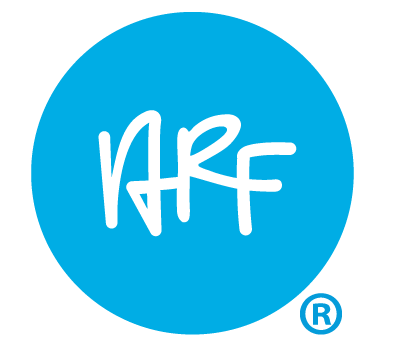Meet Andy.
Fast Facts
Born Aug 30, 1982
Birthplace Omaha, Nebraska
Spouse Brooklyn Decker
Children Hank & Stevie
Parents Jerry & Blanche Roddick
Siblings Lawrence & John
Founded the Andy Roddick Foundation
2000
Total Raised Since 2000
More than $20 million
National Summer Learning Association’s New York Life Foundation Excellence in Summer Learning Award
2019
E3 Alliance's Architect of Change Award
2017
Andy Roddick was nine years old when he realized what he was born to do. These days, he’s devoted his life to recreating that moment, over and over again — but not for himself. It turns out that one of the greatest tennis players of all time was born not just to pursue his own passion, but to help others discover theirs.
“Let’s expose these kids to everything, and let’s hope something sticks with them,” Roddick says. “That moment I had at nine, when I picked up a tennis racket and it clicked with me — it built my self-esteem and gave me a sense of self-worth at a young age because I could do something well. That’s the moment we’re trying to hit with these kids. And we’re going to give them every chance to find it.”
Roddick is talking about the kids participating in activities orchestrated by the Andy Roddick Foundation, his Austin, Texas-based nonprofit working to take the time children spend outside the classroom and turn it into real opportunities. By creating its own nationally acclaimed summer camps, equipping other afterschool and summer camps, and impacting change for every single kid, the Foundation is creating new chances for kids to grow in literacy, STEM, art, and sports — all during months and times of day when statistics show they’re typically most at risk and falling behind.
“The biggest learning gaps take place during the summer months,” Roddick explains. “Kids that have access to great opportunities don’t miss a beat when they go back to school, but those who don’t are playing catch up.”
The Foundation extends and broadens learning possibilities and puts students face-to-face with a broad range of local professionals, from scientists, chefs, and artists, to politicians and financial advisors during “Career Field Trips” to places such as Austin City Hall and PricewaterhouseCoopers. “We had Keith Kreeger, an artist who makes this amazing pottery and has his dinnerware in a lot of the big restaurants in town, come out and do a workshop with the kids,” Roddick remembers. “One of them looked at Keith and said, ‘I can’t believe you actually can have a job doing this!’” He laughs and adds, “That’s the moment we want.”
Roddick was still a teenager himself when he decided to help kids. In 2000 at 17 years old, he was the No. 1 ranked Junior tennis player in the world. It was time to go pro. As he stared down a future rife with pressure and expectations surrounding his jump into the world he’d been working toward his whole life, he remembered some advice his hero Andre Agassi had given him when Roddick had asked the legend whether or not he had any regrets. I wish I hadn’t waited so long to start my foundation, Agassi had said. So at just 18, Roddick launched the Andy Roddick Foundation.
“It’s what I could relate to the most,” Roddick says of his decision to make children the focus of the Foundation. “Look, I was lucky. I had parents who gave me every opportunity to find my thing––that thing I was passionate about––very early on. A lot of kids just don’t have that. There is no such thing as a bad philanthropic effort, but trying to change the course of someone’s life as opposed to picking up the pieces afterwards did appeal to me. There’s an innocence with kids.”
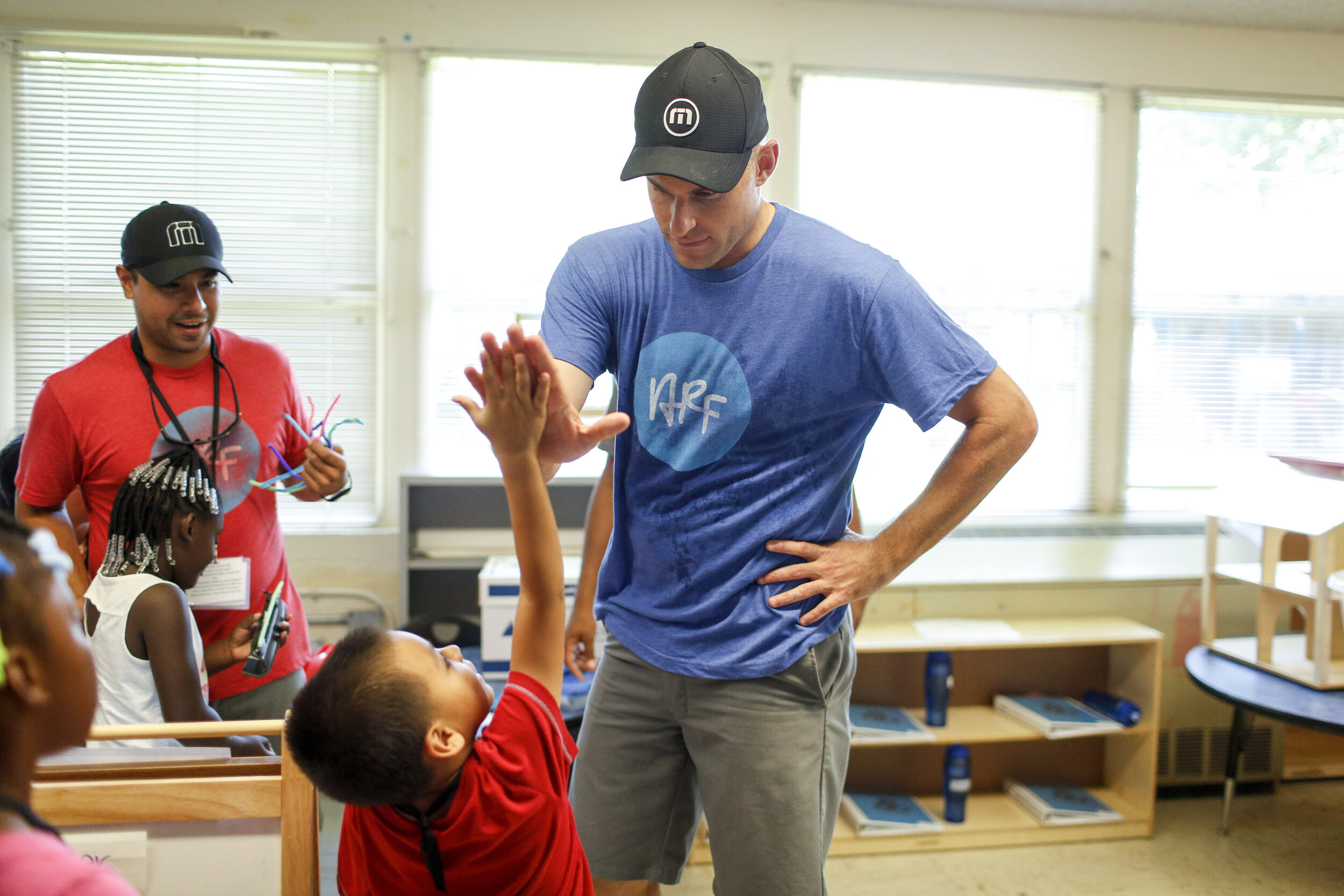
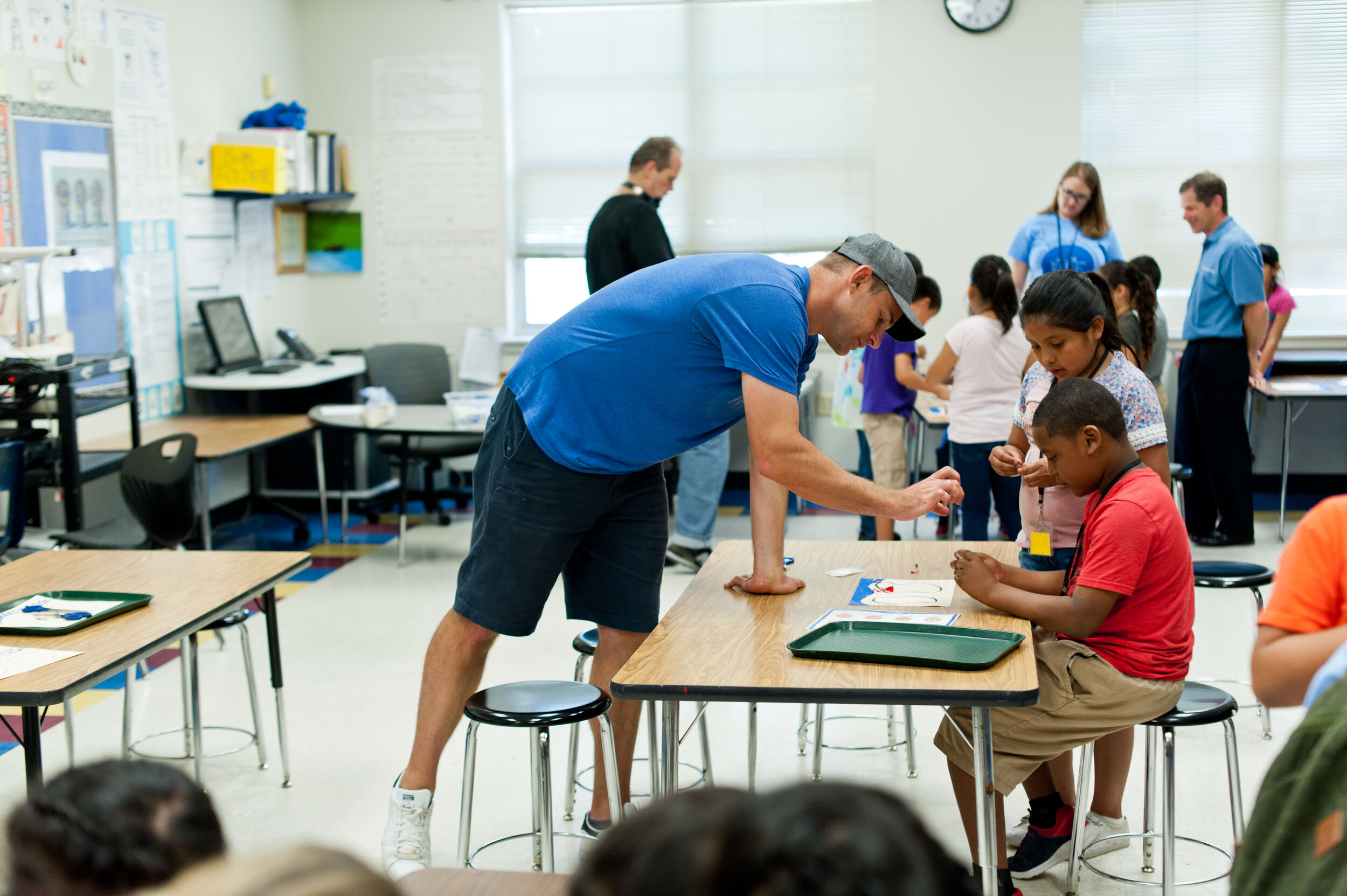
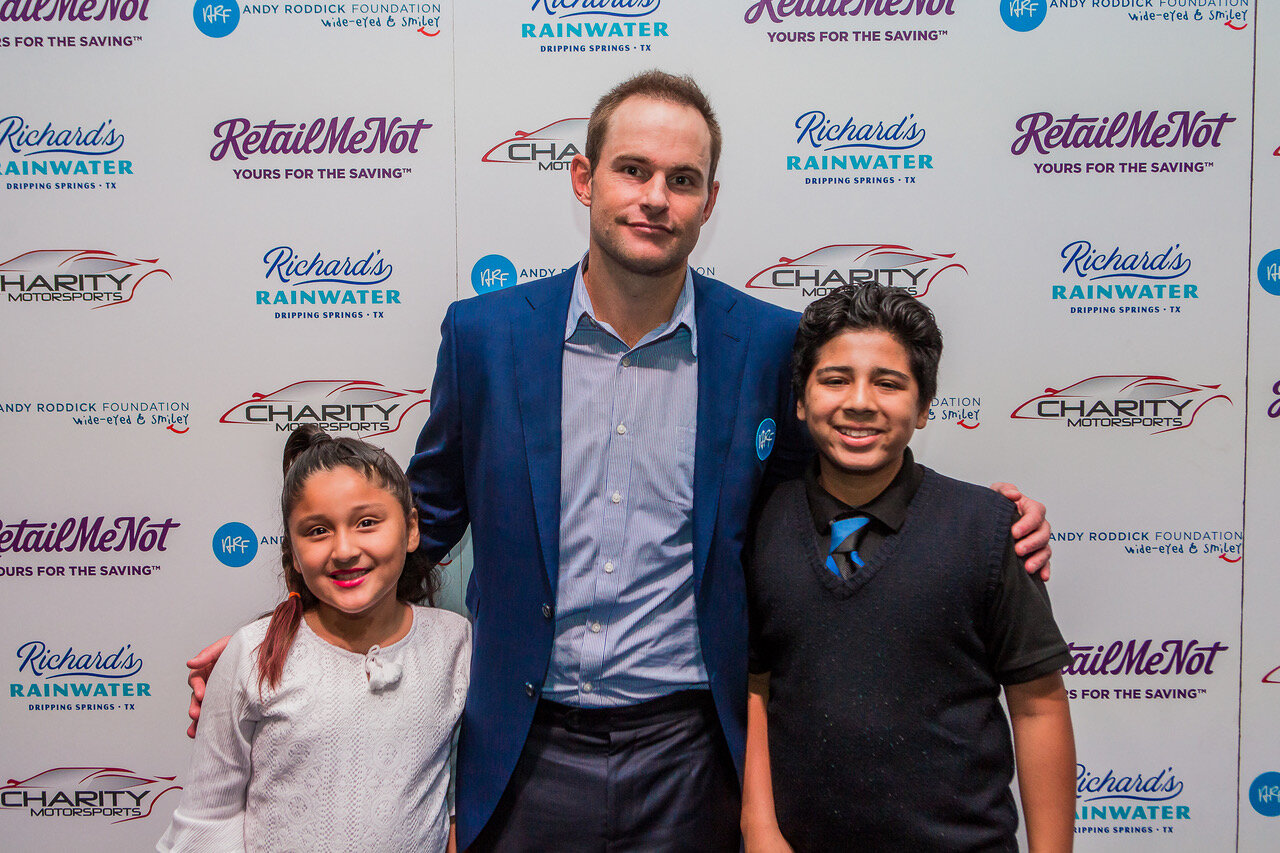
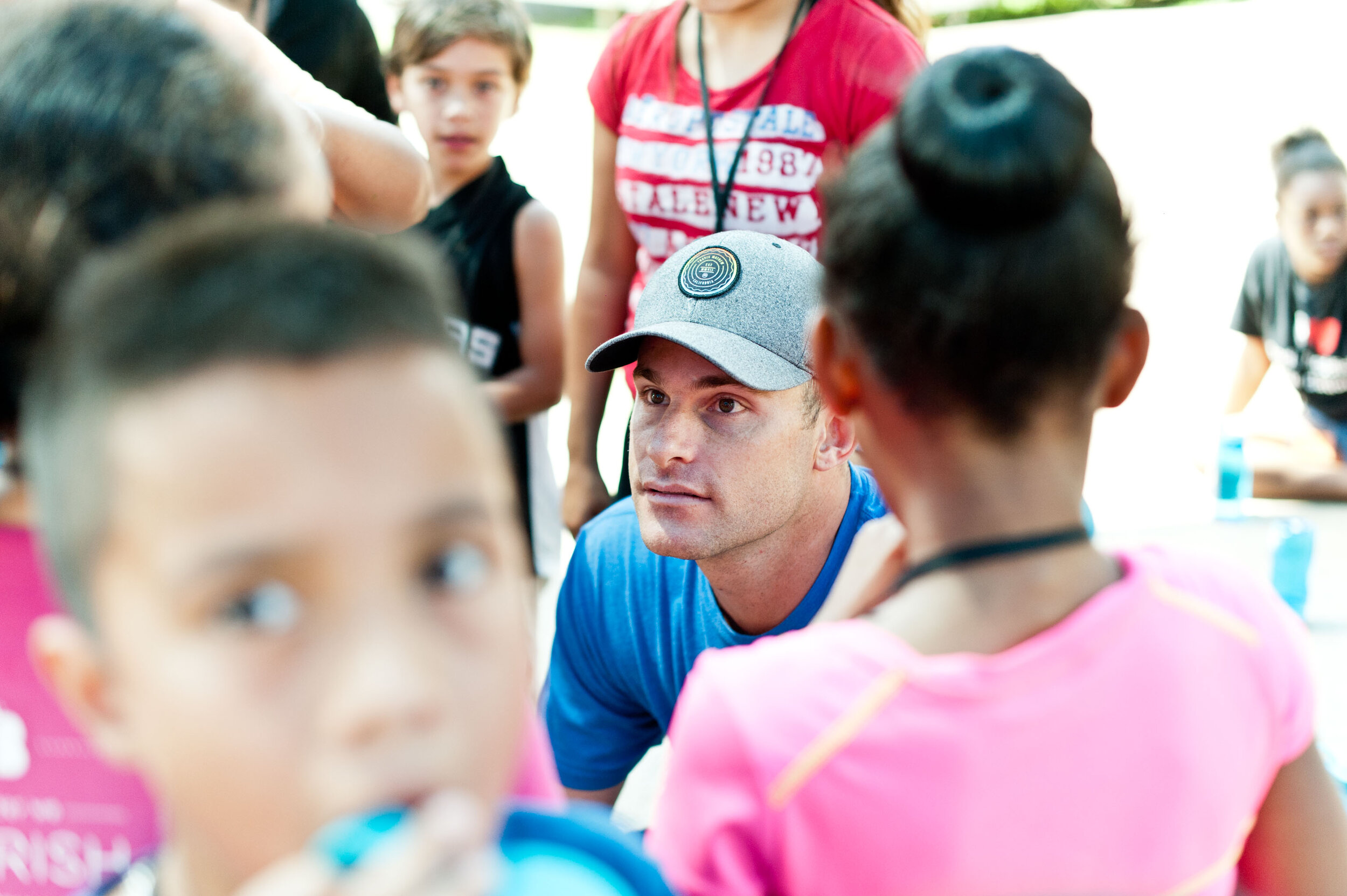

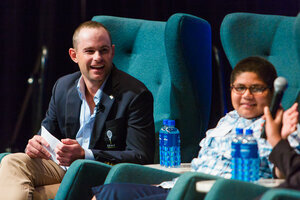
The Foundation was still in its infancy when Roddick’s career skyrocketed. In 2003 at just 20 years old, he clinched two Masters titles and then won the U.S. Open. A charismatic new force in tennis had officially arrived. While over the next several years, Roddick’s No. 1 rankings, top 10 consistency, Davis Cup team leadership, and record-setting 155 mph serves stunned and thrilled the world, he also faced challenges and gut-wrenching defeats. And the entire time, the Foundation was an anchor. “I think I was lucky to have the Foundation’s work when I was young,” Roddick says. “There was always a sense of perspective. I would have a heartbreaking loss at Wimbledon and feel sorry for myself for about one plane ride back to the States before getting home and heading to the Foundation. There, I’d see one of our kids whose father didn’t come home or whose family was struggling to pay bills that month. Those are real problems. Losing a fancy tennis match isn’t.”
That humility and self-deprecating sense of humor combined with his fierce athleticism endeared Roddick to millions. But another characteristic also became synonymous with Roddick: perseverance. “I think a big part of my history is defined by the victory I couldn’t get — the stuff with Federer and Wimbledon,” he says. “But I think the way I handled it — the way I got up off the mat and went after it again each time — earned respect. I kept trying, even though it didn’t always turn up roses.”
Today, Roddick encourages that same gritty tenacity in kids involved with the Foundation. He knows firsthand that in order for an opportunity to turn into a victory, self-discipline needs to be there, too. That nine-year-old Roddick dreaming with a racket grew into a high schooler who was up at 5 a.m., practicing by 7, home by 2 p.m., then practicing until 7 that evening. After a quick bite to eat and homework, he was in bed by 9 — and ready to do it all again the next day. “That was a rinse and repeat for many, many years,” he remembers. “But I knew that’s what I wanted to do. There is no substitute for work. There are no shortcuts.”
While Roddick knew from the beginning that his Foundation would focus on young people, the organization’s specific mission emerged after substantial research. “It became pretty apparent that in Central Texas, we’d have a lot more impact on a lot more kids after school and during the summer, rather than a charter school,” Roddick says. The observation is part of an ongoing pattern of due diligence and fact-based decision-making Roddick oversees at the Foundation. Gut checks are important, but the numbers have to add up, too.
The other must-have for the Foundation’s success is community collaboration and support. Roddick chose Austin for his philanthropic efforts first and foremost because to him, it’s always really been home. “It’s the place I’ve always been pulled back to,” he says. “Luckily, my wife loves it too — that was kind of a nonnegotiable thing.” Roddick and his wife, Brooklyn Decker, have lived between Austin and Charlotte, North Carolina, together for several years. “There is a younger spirit of giving here,” Roddick says. “It’s the best city in the country. People in Austin appreciate something building. I try to draw a parallel between the city and the Foundation in that we want to grow like Austin grows.”
Major, smart growth is definitely on tap for the Foundation, which is poised to reach thousands of new kids. Roddick is obsessed with responsible scalability, refusing to sacrifice any of the excellence for which the Foundation has become so respected. “It’s great to have goals, but it always causes me the most real stress ever,” he says with a slight laugh. “I want to make sure we get it right and don’t lose the quality we’ve built up along the way.” His praise for the Foundation’s staff and board is free-flowing and a bit awestruck — he loves his team and what they do. “My name’s on it, but our staff is unbelievable. A great piece of advice my dad gave me was, ‘Surround yourself with smart people, and ask a lot of questions.’ I’ve certainly asked a lot of questions to our board members, and they’ve been so generous with their time.”
Ultimately, what keeps Roddick committed is pretty simple: the kids. “It’s amazing how much these kids get the opportunity they’re being given,” he says. “That’s the part that always surprises me. I never expect them to know how it works — to know that people’s generosity is letting them be a part of a summer camp. But they get it. They’re appreciative. And they work hard because of it. I’m constantly impressed by their ability to grasp all sides of this and make the most of an opportunity given. I wish adults understood that as much as these kids do.”
“When I picked up a tennis racket at age nine, it built my self-esteem and gave me a sense of self-worth because I could do something well.”
— ANDY RODDICK

